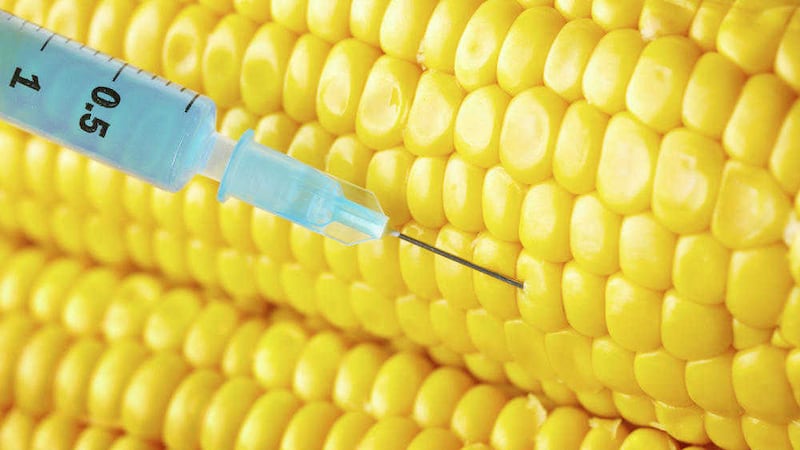THE growing of genetically modified (GM) crops has been banned in Northern Ireland.
Environment minister Mark H Durkan outlawed the cultivation of such crops following a European EU decision to allow regions to opt of growing GM produce.
As environment minister, he is responsible for all matters relating to the release of GM material into the environment.
Since the new rules were introduced earlier this year, Scotland has already prohibited GM crops while Wales adopts a "a restrictive and precautionary approach to GM crop cultivation".
In England, the growing of GM crops will be allowed only following a "robust risk assessment" that it will not harm humans or the environment.
Mr Durkan made the announcement at the launch of Environment Week in Parliament Buildings.
"I remain unconvinced of the advantages of GM crops, and I consider it prudent to prohibit their cultivation here for the foreseeable future," he said.
"The pattern of land use here and the relatively small size of many agricultural holdings creates potential difficulties if we were to seek to keep GM and non-GM crops separate. I consider that the costs of doing so could potentially be significant and, in many cases, totally impractical.
"Further, we are rightly proud of our natural environment and rich biodiversity. We are perceived internationally to have a clean and green image. I am concerned that the growing of GM crops, which I acknowledge is controversial, could potentially damage that image."
GM crops are grown by 18 million farmers worldwide with soya and maize the most popular forms.
The practice is biggest in the United States, Brazil and Argentina.
In Europe, 48 genetically modified organisms have been licensed for potential use in animal feed, so far.
There are no GM foods - apart from animal feed - currently sold in the UK.
The Ulster Farmers' Union (UFU) said it recognised why the environment minister has made the decision he has on GM cultivation.
"This could however create problems if the Republic of Ireland adopts a different approach towards growing these crops.
"It is important that the science is not portrayed in a negative way and that the minister recognises that in time the science behind GM crops could deliver benefits for farmers, food processors and consumers in the future."





